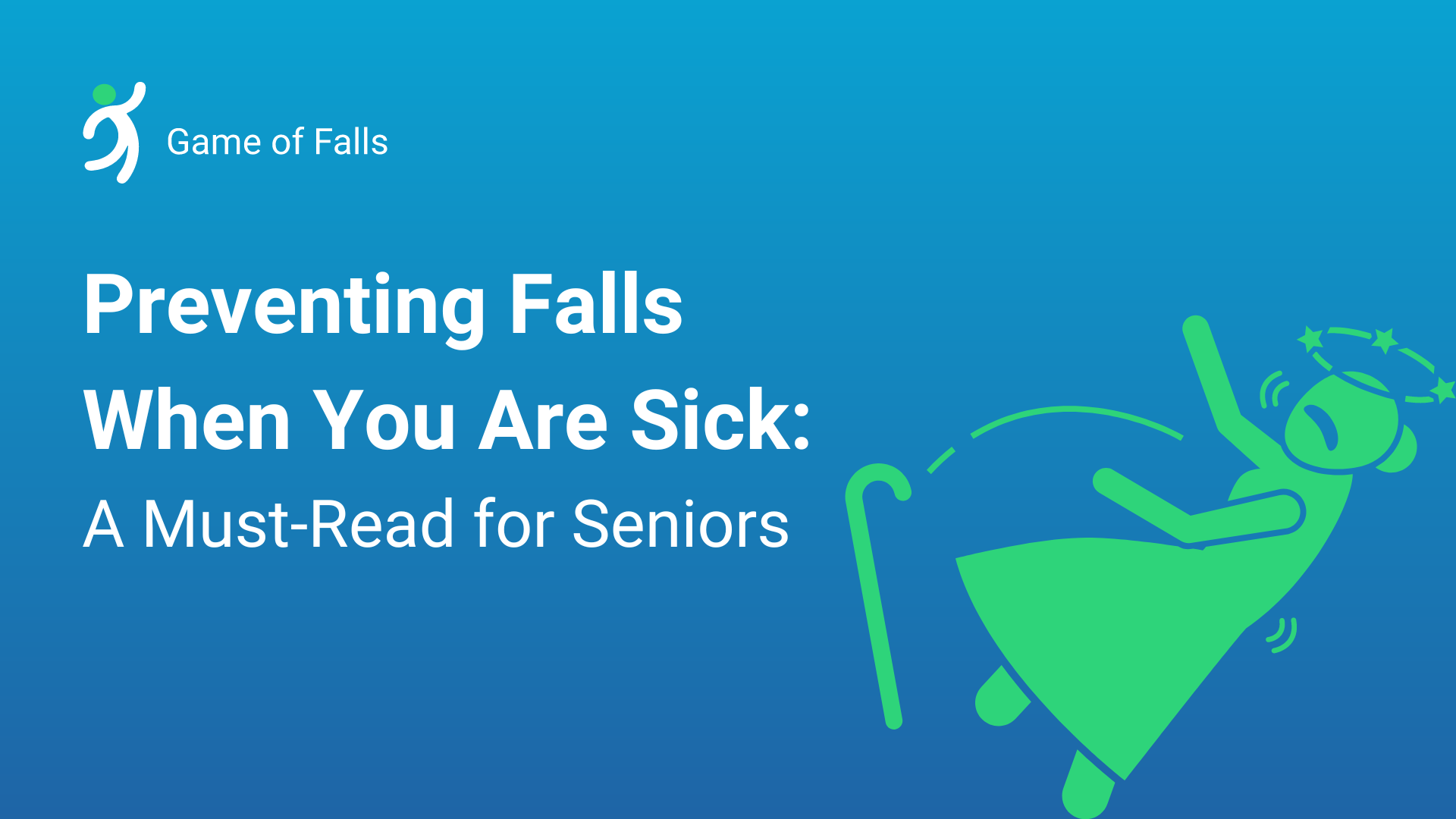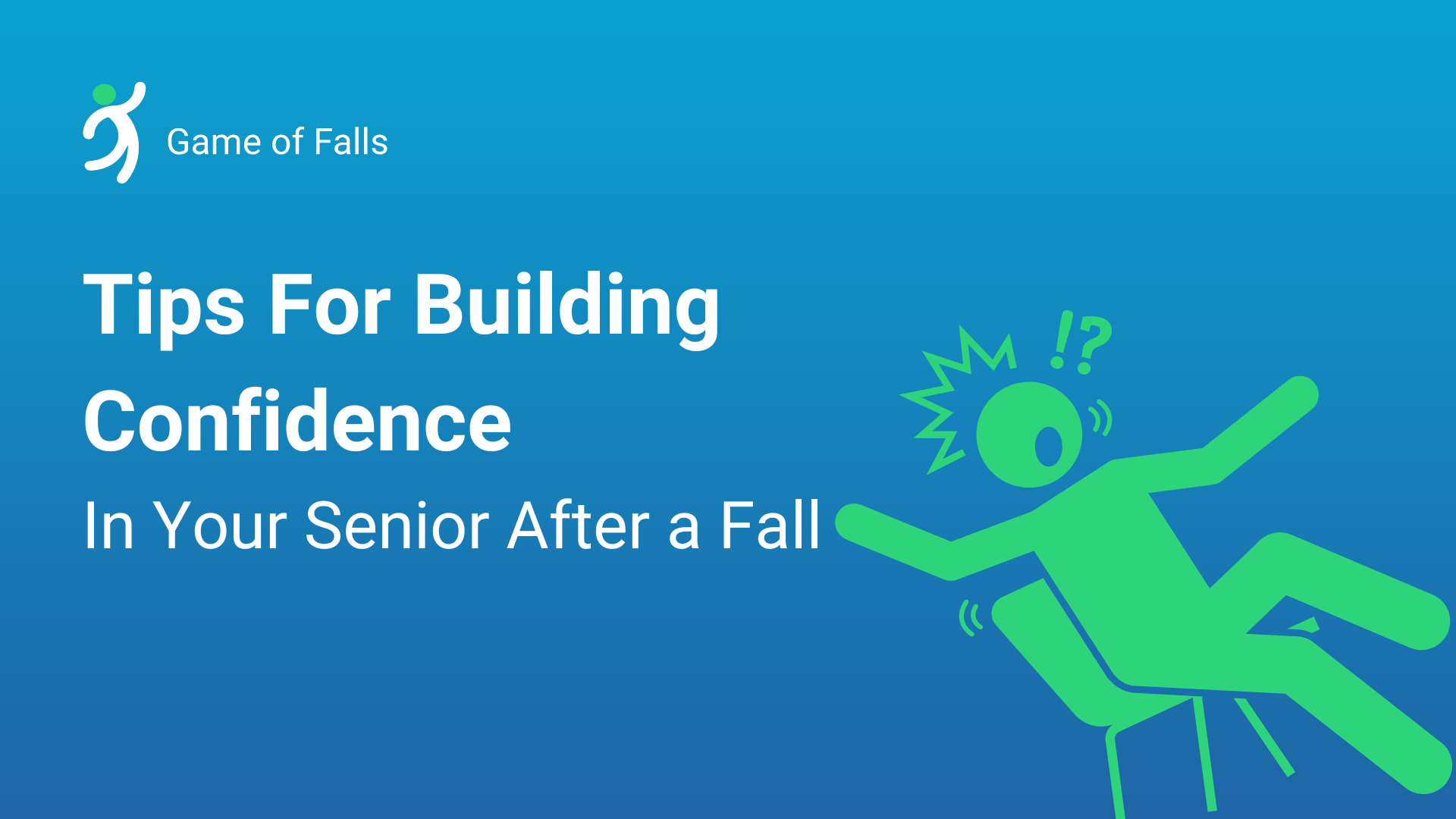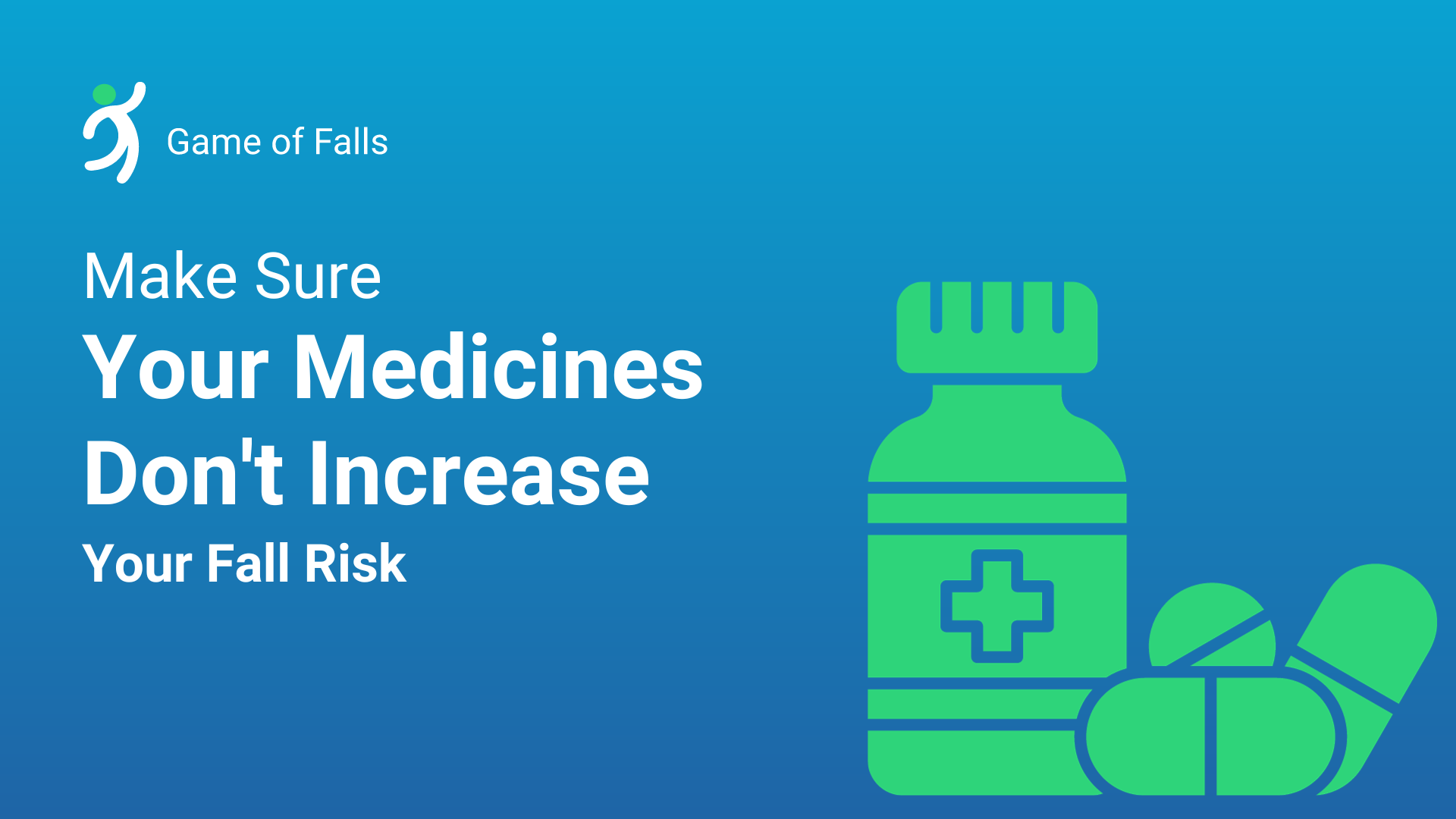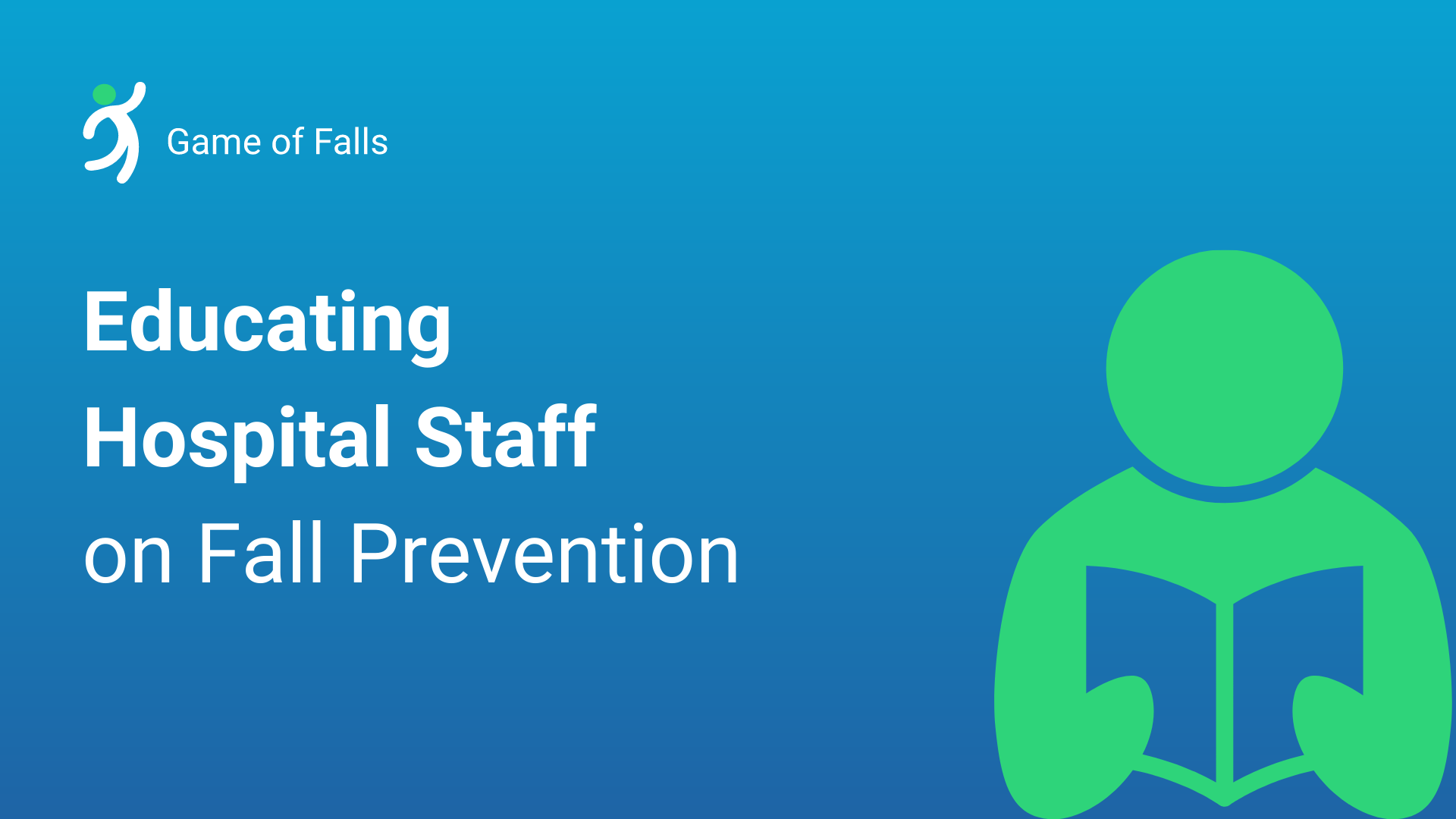
Falls are one of the leading causes of injuries in healthcare settings. According to the Centers for Disease Control and Prevention (CDC), falls account for more than 800,000 hospitalizations and 27,000 deaths every year in the United States alone. As healthcare professionals, it is our responsibility to ensure that our patients are safe and secure during their stay in the hospital. Therefore, it is essential to educate hospital staff on fall prevention to minimize the risk of falls and injuries. In this article, we will discuss the importance of fall prevention in hospitals and provide useful tips on how to Educating Hospital Staff on Fall Prevention
The Importance of Fall Prevention in Hospitals

Falls can have devastating consequences for patients and their families. In addition to physical injuries, falls can also lead to emotional distress, increased healthcare costs, and prolonged hospital stays. Furthermore, falls can also be a significant liability issue for hospitals, leading to costly legal settlements.
As healthcare professionals, we must take fall prevention seriously. By implementing evidence-based fall prevention strategies, we can reduce the incidence of falls and ensure that our patients receive the best possible care.
Identifying Patients at Risk of Falls-
The first step in fall prevention is identifying patients who are at risk of falling. Several factors increase a patient’s risk of falls, including age, medication use, cognitive impairment, and mobility issues. Therefore, it is crucial to conduct a fall risk assessment on every patient upon admission to the hospital.
The fall risk assessment should include an evaluation of the patient’s medical history, medications, mobility status, and cognitive function. Based on the assessment, the healthcare team can develop a fall prevention plan tailored to the patient’s individual needs.
Implementing Fall Prevention Strategies
Once the patient’s fall risk has been assessed, the healthcare team can implement fall prevention strategies. These strategies can include:
- Environmental modifications: Ensuring that the patient’s environment is free from hazards, such as clutter, wet floors, and inadequate lighting.
- Mobility aids:
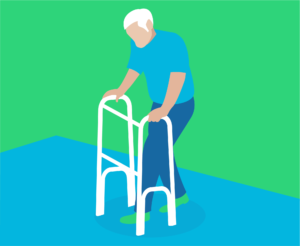
Providing patients with assistive devices, such as walkers or canes, to improve their mobility and balance.
- Bed alarms: Alerting healthcare staff when a patient attempts to get out of bed.
- Medication review: Evaluating the patient’s medications and adjusting dosages or schedules as necessary to minimize the risk of falls.
In addition to these strategies, hospitals can also make use of innovative solutions like Game of Falls – Prevent elderly falls to promote patient safety. This game helps educate patients and their families about fall risk factors and prevention strategies in a fun and engaging way. By incorporating the Game of Falls into their falls prevention programs, hospitals can reduce the incidence of falls and related injuries while improving patient satisfaction and overall quality of care.
Educating Hospital Staff on Fall Prevention
To effectively prevent falls, it is essential to educate hospital staff on fall prevention strategies. This education should include:
- Identifying patients at risk of falls: Staff should be trained to conduct fall risk assessments and identify patients at risk of falls.
- Environmental modifications: Staff should be aware of the importance of ensuring that the patient’s environment is free from hazards.
- Mobility aids: Staff should be knowledgeable about the use of mobility aids and how they can help prevent falls.
- Bed alarms: Staff should understand how bed alarms work and be able to respond appropriately when an alarm is activated.
- Medication review: Staff should be aware of the medications that increase the risk of falls and how to adjust dosages or schedules to minimize the risk.
The Role of Ongoing Education and Training
Fall prevention education should not be a one-time event. Ongoing education and training are essential to ensure that hospital staff remain knowledgeable and up-to-date on fall prevention strategies. This education can take many forms, including in-service training, continuing education courses, and online learning modules.
Educating hospital staff on fall prevention is crucial in reducing the risk of falls and related injuries. Staff members who are trained to recognize and address falls risk factors can play a significant role in preventing falls and improving patient safety.
One innovative tool that hospital staff can use to educate themselves on fall prevention is Game of Falls – Prevent elderly falls . This interactive app that unfolds as a game helps you avoid falls by teaching you about fall risk factors and prevention strategies. By integrating the Game of Falls into their training programs, hospital staff can gain valuable knowledge on fall prevention and learn how to recognize and address fall risk factors in their patients.
As flu season turns up the dial, one question often comes to mind: Why does the flu hit older adults so hard? It’s a perfect storm where senior flu prevention becomes key since their natural aging nudges immune systems into a less active state, amplifying the impact of flu symptoms. For caregivers, ensuring flu season […]
Confidence is a crucial ingredient in living a fulfilling and independent life, especially for seniors. So, what happens when an event like a fall shakes the very foundation of a person’s confidence, particularly in the elderly? After a fall, it’s natural for seniors to feel vulnerable and apprehensive about engaging in their everyday activities. Fear […]
Have you considered that growing older might mean getting better, so long as you nurture the one body you’ve been given? Staying active is a dynamic part of aging, and a key aspect of that is utilizing preventive health screenings to catch problems early. The good news is that Medicare and most health plans cover […]
Did you know that the medicines meant to ensure your health could also increase your chances of a fall? It’s a startling thought, but true for many older adults. As we age, we often become, rather ironically, a walking pharmacy. With every pill we swallow to keep our health conditions in check, there lies an […]

